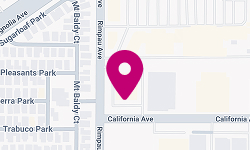Employment discrimination can profoundly affect a person’s career, health, and future. In California, workers facing discrimination based on race, gender, age, or disability have legal options to pursue justice and financial compensation. Witnesses play a critical role in these cases, helping to clarify what happened and supporting discrimination claims. These witnesses might include coworkers, supervisors,…
Continue reading ›Articles Posted in Employment Law
Employment laws involve both federal and state regulations, each playing a crucial role. The federal minimum wage, set by the Fair Labor Standards Act (FLSA), serves as a baseline across the nation. However, individual states possess the authority to establish their own minimum wage rates, provided they exceed the federal standard. In California, the state…
Continue reading ›Stay tuned for information related to California Employment Law!
Continue reading ›
























